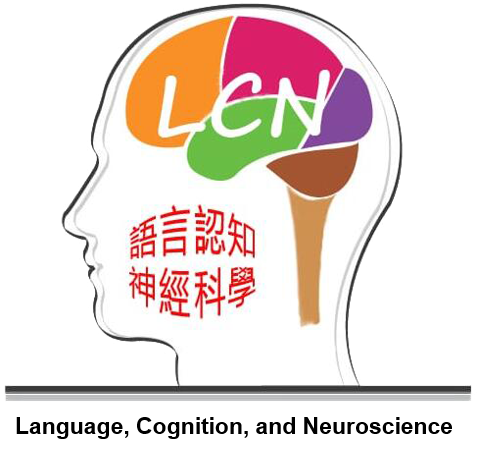Past Events
The Social Brain of Language Learning
2020.09.10 Prof. Li Ping
Dean and Chair Professor
Faculty of Humanities
The Hong Kong Polytechnic University
The Social Brain of Language Learning
Second language (L2) acquisition has traditionally focused on methods and approaches that promote associative memory for vocabulary and grammatical patterns. These approaches tend to enable efficiency in the early learning stage, but in the long run they lead the learner to develop an L2 representation that is parasitic on the native language (L1) representation. The parasitism is a form of ‘accent’ on the semantic or grammatical level. How can L2 learners break away from this parasitism and establish an L2 representation on a par with the L1 representation? In this talk, I present the Social L2 Learning (SL2) framework that draws on theories of psycholinguistics, memory, and embodied cognition. The SL2 hypothesis highlights the significance of language learning in socially interactive contexts and the contributions that such learning makes to shape the mind and the brain. Evidence has accumulated from child language, education, and cognitive science pointing to the efficacy and significance of social learning. Several recent studies including work from our lab also suggest positive brain changes along with enhanced behavioral outcomes as a result of social learning. I will provide a blueprint for the brain network underlying SL2, which enables the integration of neurocognitive bases with social cognition of language learning while combining theories of language and memory with practical implications for the learning and teaching of L2 in adulthood.





